|
On Tuesday 17th January 2017, we were honoured to be part of a panel discussion organized by National University of Singapore (NUS) Business School. Our co-founder, Audrey Tan, was the moderator and the panelists were Eugene Ho, Head of Corporate Affairs and member of the Senior Executive Team for SAP Southeast Asia and Roxanne Somboonsiri, currently a Global Brand Manager and head of partnerships across APAC at Facebook. While introducing the panel topic, Audrey shared that when she first started doing research on Creating Shared Value (CSV) she was a little confused as to why we needed this new terminology or jargon - coined by Harvard business school professor Michael Porter - in the enterprise space. However, she quickly realized that CSV emerged as Porter began to ask himself during his research if Corporate Social Responsibility (CSR) was really working. Was it really making a significant impact? Was it worth all the time, money and resources that were being poured into it? One of Porter’s key findings during the 2011 financial crisis was that companies, especially financial institutions were introducing products and services that were neither in favor of consumers nor the environment. Current examples include the palm oil industry in Indonesia and the ever-present matter of fast fashion in the retail industry. Looking at the existing negative social impact, Porter began to wonder if there was a better way. Could businesses do well profitably and do good socially? Porter actually started 4 non-profits himself, while trying to work out ways to tackle social challenges. What he discovered along his journey was that if you take on the role of a philanthropist, you essentially need to give up your own resources continuously, which is not exactly sustainable. Audrey referred to this as a bottomless pit. Therefore, organizations such as NGOs and charities that rely on grants and donations cannot really be self-sustaining over time. Audrey shared Porter’s three-step evolution of ‘The Role of Business in Society’.
Audrey then discussed the 3 levels of CSV:
Eugene Ho explained that the world is interlinked and the prosperity of people affects businesses. SAP has businesses in 110 countries and services in more than 325,000 companies globally. Their belief is that as they take, they must give back, so SAP adopted a number of sustainability practices, such as sustainable sourcing from green label products, providing humanitarian aid to Typhoon Haiyan, the Fukushima Tsunami and so on. Eugene shared candidly that when he joined the company 9 years ago, CSR was about sending their top executives to other countries to build homes and playgrounds, literally with cement and bricks. Eventually it was realized that they were in fact not making the best use of their human resources. The people they were sending away were experts at building business plans and marketing, so 5 years ago they began mentoring social enterprises and have continued doing so at a global level in numerous locations (and in Southeast Asia over the past 3 years). Another CSV agenda for SAP is to pilot new projects; for example they have an Asia-Pacific-Japan program called ‘1 Billion Lives’, where their goal is to touch a billion lives by 2020. SAP reached out to 21,000 employees in Asia-Pacific-Japan and asked them to submit ideas on an online platform on how to do good while still being a business. Out of more than 120 submissions, 3 were selected. Each project was given a budget of 200,000 Euros and was backed by operations and support. Eugene gave two examples of their current projects. One project is about working with a partner in Japan and using the iPhone to test the physical stability of a building. Using their analytic software and a seismic device you can find out if you need to leave the room you are in during an earthquake. Another project, based in India, is a partnership with a cancer institute where they use analytic software to devise customized treatment plans for Indian patients with cancer. Roxanne Somboonsiri talked about people being more likely to do things and make greater impact in groups rather than individually. Each individual can do things on their own, but when you come together as an organization, the impact can be much larger and more sustainable. She therefore encouraged all to collaborate in groups and work together towards social good. Attributing her giving nature to her childhood where volunteering at the Salvation Army was an integral part of family life, Roxanne was on the look-out for an opportunity where she could do the same in her corporate life in a more concerted manner. A chance meeting with Audrey at an event, and subsequently Roxanne’s perseverance, led to Krakakoa chocolate squares being showcased in Facebook pantries. Roxanne shared that what she thinks and feels must also be engrained in her corporate life, therefore really enjoying her work at Facebook. She explained that Facebook is in a very interesting position, with over 1 billion users on its platform and its mission being to bring people together and make the world more open and connected. Through Free Basics, Facebook is able to connect people in remote parts of the world to the relevant information that they might need. For example, they work with DTAC in Thailand and pay for Internet connections on people’s mobile devices in order to give them access to basic healthcare information in absence of medical facilities in the vicinity. So a mother living far from any medical center can search online to find out what to do if her baby is sick with fever. Facebook also runs internet.org where they connect rural areas through satellite Internet. The ethos of Facebook, according to Roxanne, is centered around the desire to bring a group of people together who are passionate about the greater good of society, whether that's locally, regionally or globally.
During the Q&A, Roxanne shared that anyone can give money, but the best way to make impact is to give your time and resources in the right manner. When you align your company’s mission with the betterment of the world and the society around you, you start to see real change. It’s about shifting mindsets, finding likeminded individuals - “change agents”, raising awareness and educating ourselves and others (for example, by knowing where our food comes from). Eugene emphasized the importance of sustainable sourcing and looking at the whole supply chain within companies. He suggested that if a company wants to seriously begin incorporating CSV into their business model, they should bring in experts to help make this process effective. Eugene also shared the 4 Cs of CSV:
After such an enlightening and inspiring session, we are positive and hopeful that in the future we will not need social enterprises as a separate sector, but that in fact all businesses will be aiming to do social good, with CSV at the very core of what they do! |
Angels of Impact A.I.Receive thought leadership, news, updates and events activities Archives
July 2017
Categories |
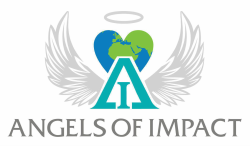
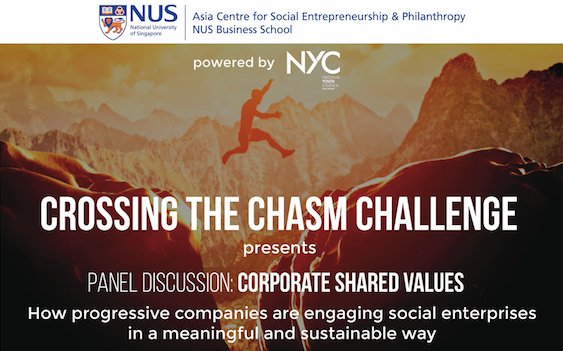
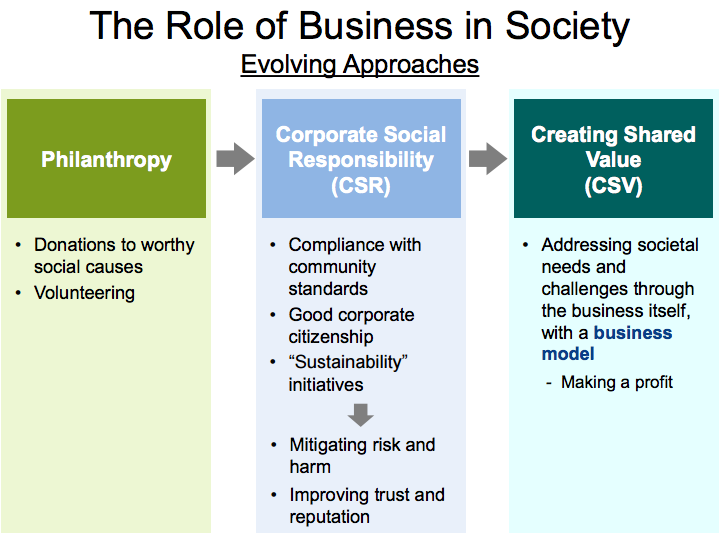
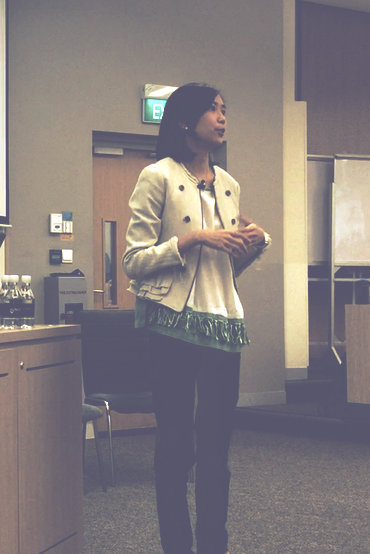
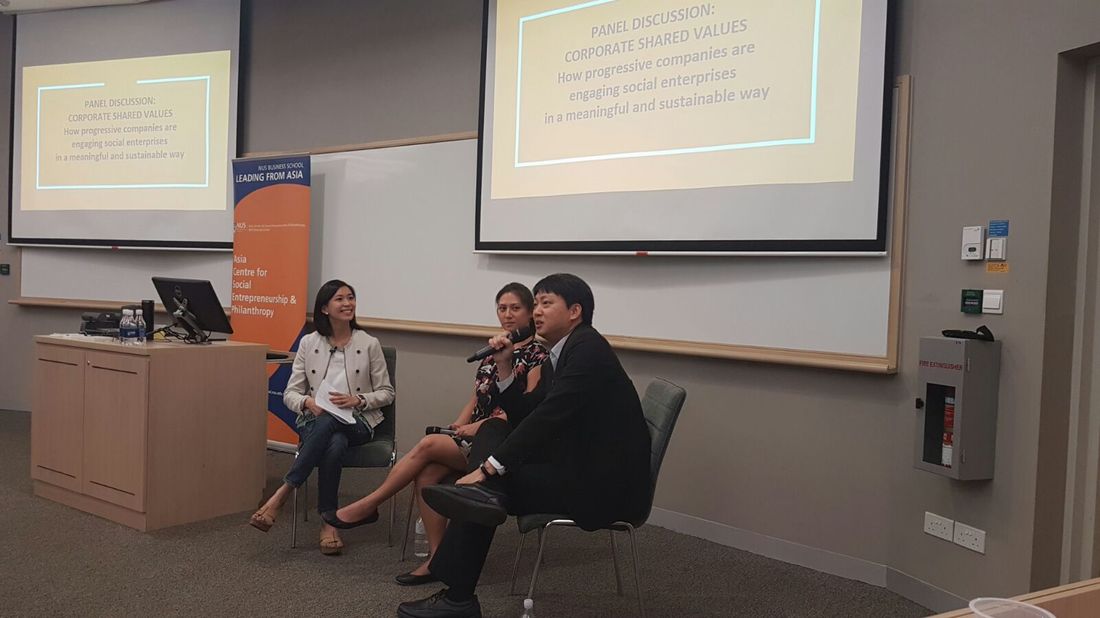
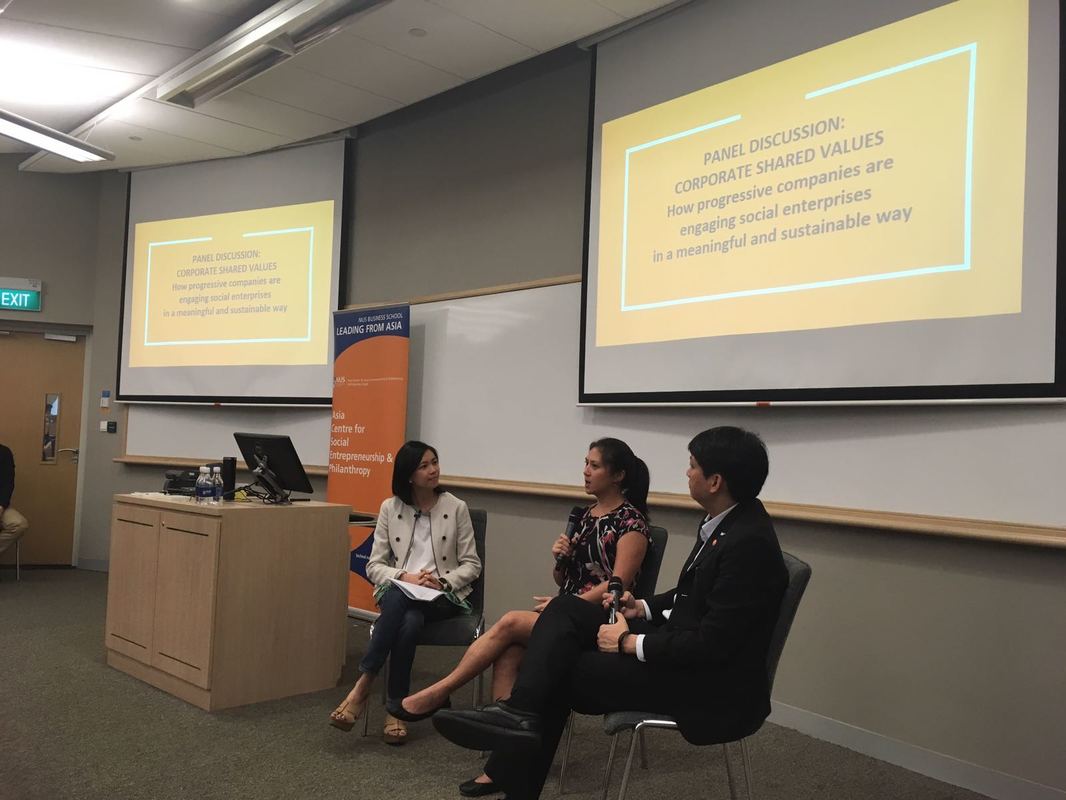

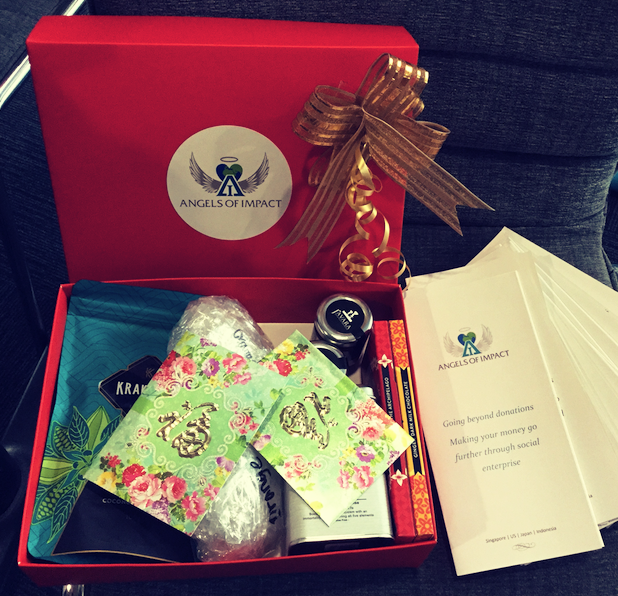
 RSS Feed
RSS Feed